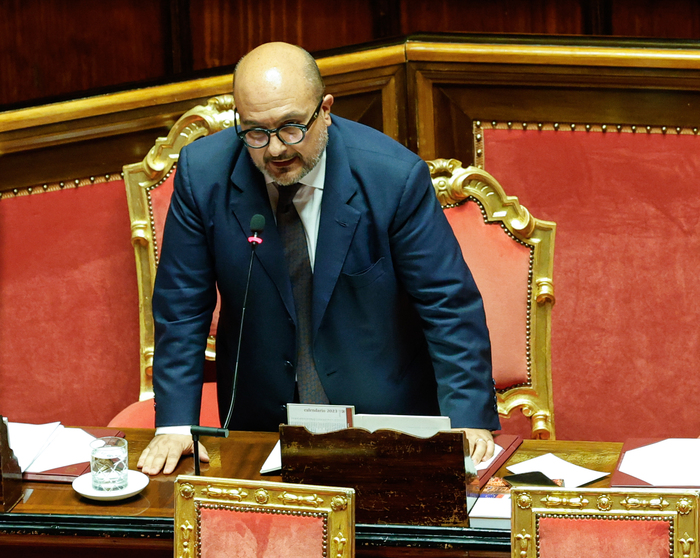Senate Backs Rome's Holocaust Museum Plan: A Landmark Moment for Remembrance
Rome is set to get its long-awaited Holocaust museum after the Italian Senate overwhelmingly approved a bill allocating funding for its construction. This landmark decision marks a significant step towards ensuring the horrors of the Holocaust are never forgotten and serves as a powerful testament to Italy's commitment to remembrance and education.
A Decades-Long Journey to Remembrance
The proposal for a national Holocaust museum in Rome has been debated for decades. Proponents argued that a dedicated museum is crucial for educating future generations about the systematic persecution and murder of six million Jews and millions of others during the Nazi regime. The lack of a central, comprehensive museum in Italy, a nation with a complex history during World War II, has long been a point of contention for historians and community leaders.
Overcoming Obstacles and Securing Funding
The path to approval wasn't without its challenges. Concerns over budgetary constraints and the museum's location were raised throughout the legislative process. However, widespread public support and lobbying efforts by Holocaust survivors and their descendants ultimately helped to overcome these obstacles. The Senate's decisive vote signifies a turning point, allocating substantial funds to finalize the project.
The Museum's Significance: More Than Just a Building
This new museum is far more than just a building; it represents a profound commitment to preserving historical memory and promoting tolerance. Its significance can be seen in several key aspects:
- Educational Resource: The museum will serve as a vital educational resource for students, researchers, and the general public, offering a comprehensive understanding of the Holocaust's history, context, and consequences.
- Memorial to Victims: It will stand as a poignant memorial to the victims of the Holocaust, ensuring their stories are remembered and honored.
- Combating Antisemitism: The museum will play a critical role in combating antisemitism and other forms of intolerance by promoting education and understanding.
- Strengthening International Cooperation: The project will foster collaboration between Italian and international institutions dedicated to Holocaust remembrance.
Museum Features and Expected Impact
While specific details about the museum's exhibits are still being finalized, it's expected to feature a wide range of artifacts, documents, and multimedia displays. The museum's anticipated impact on Italian society is considerable, fostering a more informed and engaged citizenry equipped to combat prejudice and discrimination.
Looking Ahead: Construction and Beyond
With the Senate's approval, the next phase will involve detailed planning and construction of the museum. This process will undoubtedly involve collaboration between architects, historians, and community representatives to ensure the museum is both architecturally striking and historically accurate. The timeline for completion remains to be seen, but the enthusiasm surrounding the project suggests a swift and efficient execution.
A Symbol of Hope and Remembrance
The Senate's backing of Rome's Holocaust museum represents a powerful statement about Italy's commitment to remembering the past and building a more tolerant future. It stands as a symbol of hope, reminding us that the lessons learned from the Holocaust are more crucial than ever in an increasingly complex world. This momentous decision sets a powerful precedent, urging other nations to prioritize similar initiatives in remembrance and education.
Keywords: Rome Holocaust Museum, Italian Senate, Holocaust Remembrance, Italy, World War II, Antisemitism, Museum Funding, Historical Memory, Education, Tolerance, Memorial
(Note: This article would benefit from linking to relevant news sources covering the Senate vote, Italian government websites detailing the museum project, and potentially websites of Holocaust remembrance organizations.)
